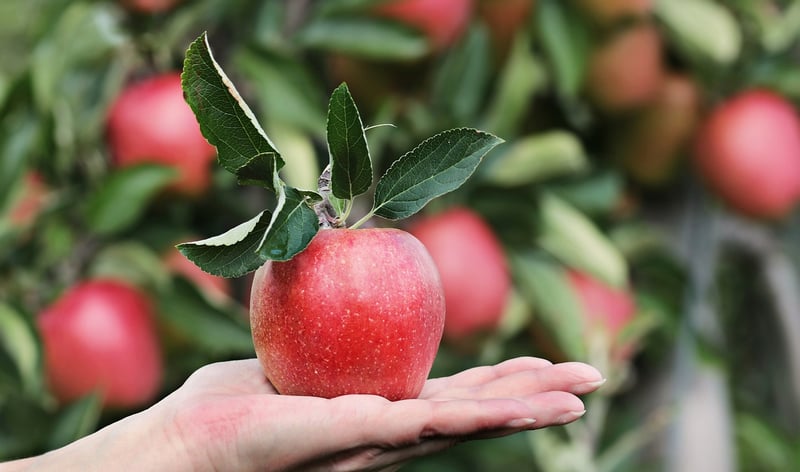Orchards in the City
The Benefits of Growing Food in Urban Areas
Urban farming is gaining popularity as more people recognize the benefits of growing food in cities. From rooftop gardens to community plots, urban agriculture offers a sustainable solution to food production challenges. Let's explore some of the advantages of cultivating food in urban areas.
1. Accessibility
Urban farms bring fresh produce closer to city dwellers, reducing the distance food travels from farm to table. This accessibility promotes healthier eating habits and food security within urban communities.
2. Environmental Impact
By utilizing vacant lots, rooftops, and vertical spaces, urban farming helps reduce the environmental impact of conventional agriculture. It minimizes transportation emissions and promotes biodiversity in city landscapes.
3. Community Engagement
Urban agriculture fosters community engagement and social connections. Shared gardens and farmers' markets create spaces for people to interact, share knowledge, and build stronger neighborhoods.
4. Education and Empowerment
Urban farming provides educational opportunities for people of all ages to learn about sustainable agriculture, nutrition, and food systems. It empowers individuals to take control of their food production and make informed choices.
5. Economic Development
Local urban farming initiatives can contribute to economic development by creating jobs, supporting small businesses, and revitalizing urban areas. They also help reduce food deserts in underserved communities.
Orchards in the City: Bringing Nature to Urban Landscapes
Orchards in urban areas add a touch of nature to the concrete jungle, providing numerous benefits beyond fresh fruit. These green oases offer shade, habitat for wildlife, and opportunities for community engagement.
Benefits of Orchards in the City:
- Improved Air Quality: Trees in urban orchards help filter pollutants and improve air quality, creating a healthier environment for city residents.
- Green Spaces: Orchards provide green spaces for relaxation, recreation, and social activities, enhancing the quality of life in urban settings.
- Biodiversity: Urban orchards support biodiversity by attracting birds, insects, and other wildlife, contributing to a more balanced ecosystem.
- Food Security: Fruit trees in city orchards offer a local source of fresh produce, promoting food security and reducing dependence on long-distance food transport.
- Community Building: Orchards serve as gathering places for community events, workshops, and educational programs, strengthening social ties among residents.
Embracing urban agriculture and incorporating orchards into city landscapes can transform urban environments into sustainable, vibrant spaces that benefit both people and the planet.


